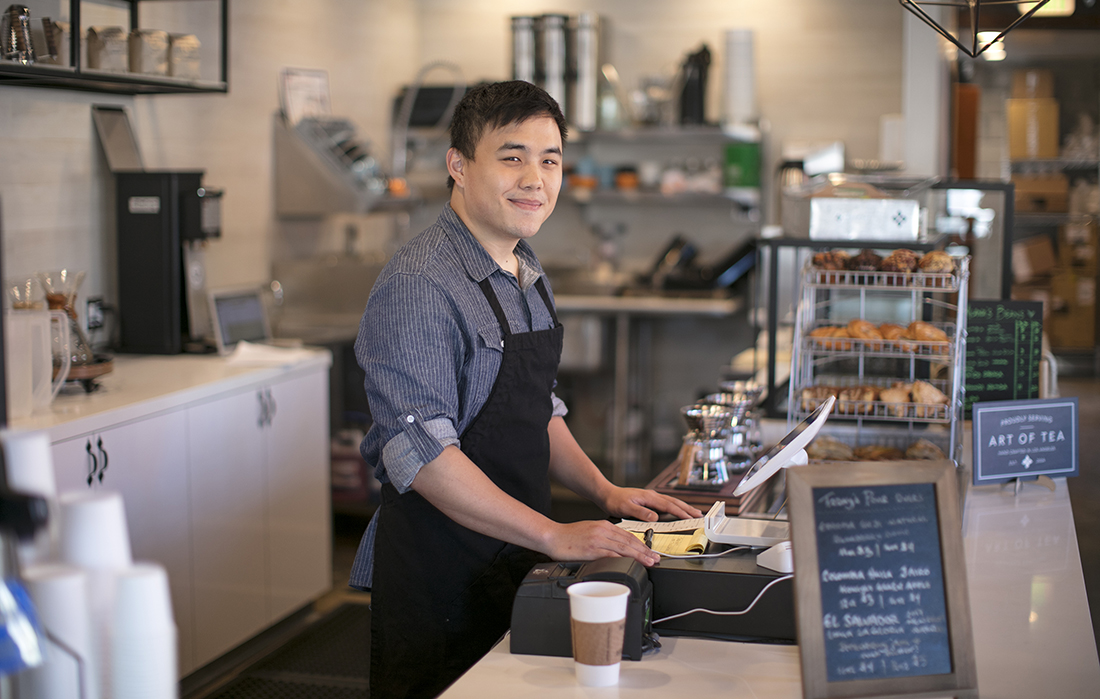
29 Jun Why you should be part of All of Us – A small contribution today can produce a big pay-it-forward tomorrow
By Peggy Chapman, Northwest Asian Weekly
The Asian American population is the largest-growing demographic in the United States, according to the U.S. Census Bureau. But surprisingly, an Asian American is not typically represented when it comes to participating in health studies and gathering medical information. Traditionally, medical studies have been comprised of samples based on Caucasian/European males. Is the prescription determined by studies on a 45-year-old urban Caucasian male applicable to a 30-year-old Asian American mother living in a completely different environment? Age, race, gender, living situation — shouldn’t these all play important roles in determining medical recommendations?
Enter the need for precision medicine. With Asian and mixed-race demographics growing in an increasingly diverse nation, precision medicine aims to replace the “one-size-fits-all” model. Precision medicine is tailored to the individual, which is the focus of the All of Us research program. The program aims to garner data, medical history, background information, and biological samples from at least one million participants. The hope is to get data from a broad spectrum of volunteers that differ among race, age, gender, sexual orientation, location, and lifestyle. Congress authorized funding of $1.45 billion to the National Institute of Health (NIH) over a period of 10 years for the program. The NIH is emphasizing that the participants are not just volunteers, but are “partners” who will contribute and update medical information over the next 10 years.
According to Shenela Lakhani, program manager and lead genetic counselor of the Center for Neurogenetics at Weill Cornell Medicine, “It’s one of the largest longitudinal [long-range] studies ever undertaken. It is ambitious, it is multifaceted, and it is incorporating people from across the nation.”
Along with data collection, the partner-participants might be asked to donate blood and urine samples, share past medical records, and possibly be provided with a fitness tracker to submit regular reports (if asked, all are optional and volunteers are not required to comply — there is a small compensation if they do). The biological samples will help contribute to a comprehensive DNA database. Read more …



